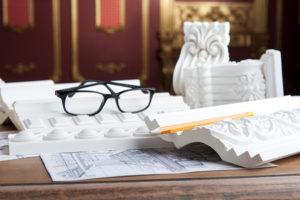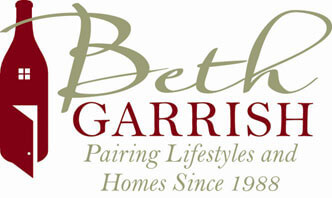 Decorative moulding is one of the most eyecatching ways to upgrade a room. You’re probably accustomed to seeing standard baseboard moulding installed where your floor meets the wall. But, there are many other types.
Decorative moulding is one of the most eyecatching ways to upgrade a room. You’re probably accustomed to seeing standard baseboard moulding installed where your floor meets the wall. But, there are many other types.
For example:
• Crown moulding for ceilings.
• Panel moulding for a southern colonial look.
• Chair rail moulding, which is very distinctive on walls.
• Apron moulding for window sills.
• Entablature moulding for above doorways.
Decorative moulding comes in a dizzying array of styles. Interior designers recommend taking home samples, just as you would take paint swatches, to test out ideas. In addition to style choices, you also need to select the material you prefer.
Moulding can be made of wood, plaster, laminate, composite, fiberboard, vinyl and other materials. There are pros and cons to each. Generally, the higher-priced options are more attractive and durable. (If you select wood, you typically have the additional option of “finished or unfinished”. If you choose unfinished, you of course, will be painting it yourself.)
Choosing the right moulding for the look you want is the toughest part of the job. Installation is a lot easier and most people with DIY experience have no problems. So if you want to add some magic to your walls, consider decorative moulding. It can turn a room from standard to stunning.
